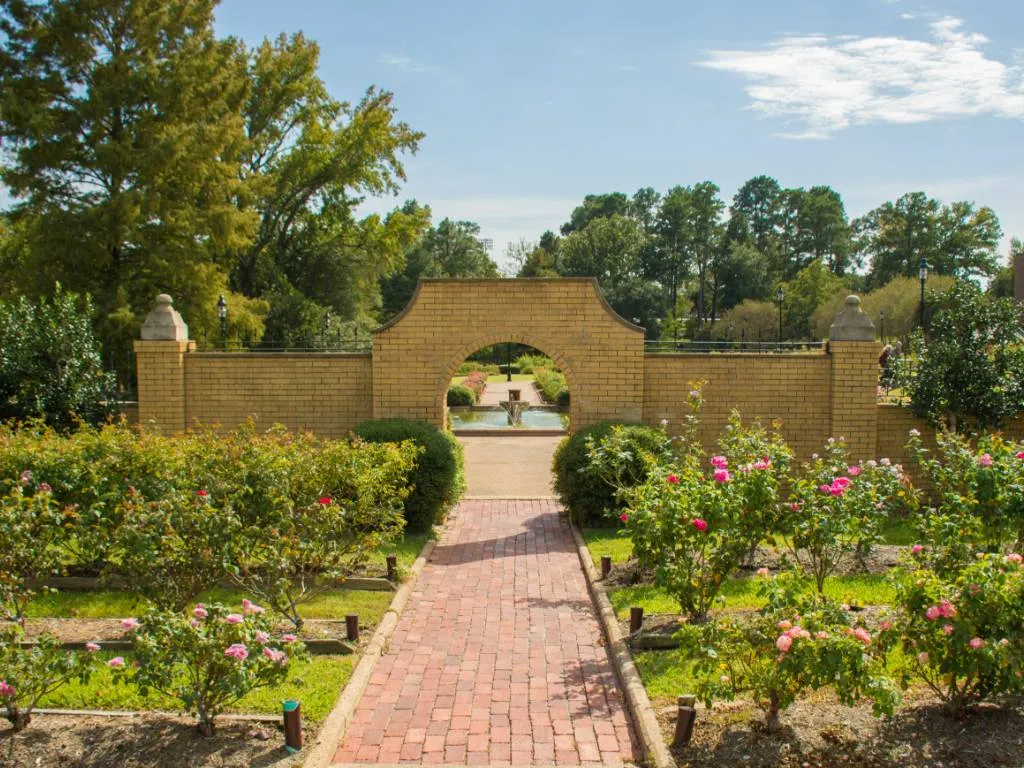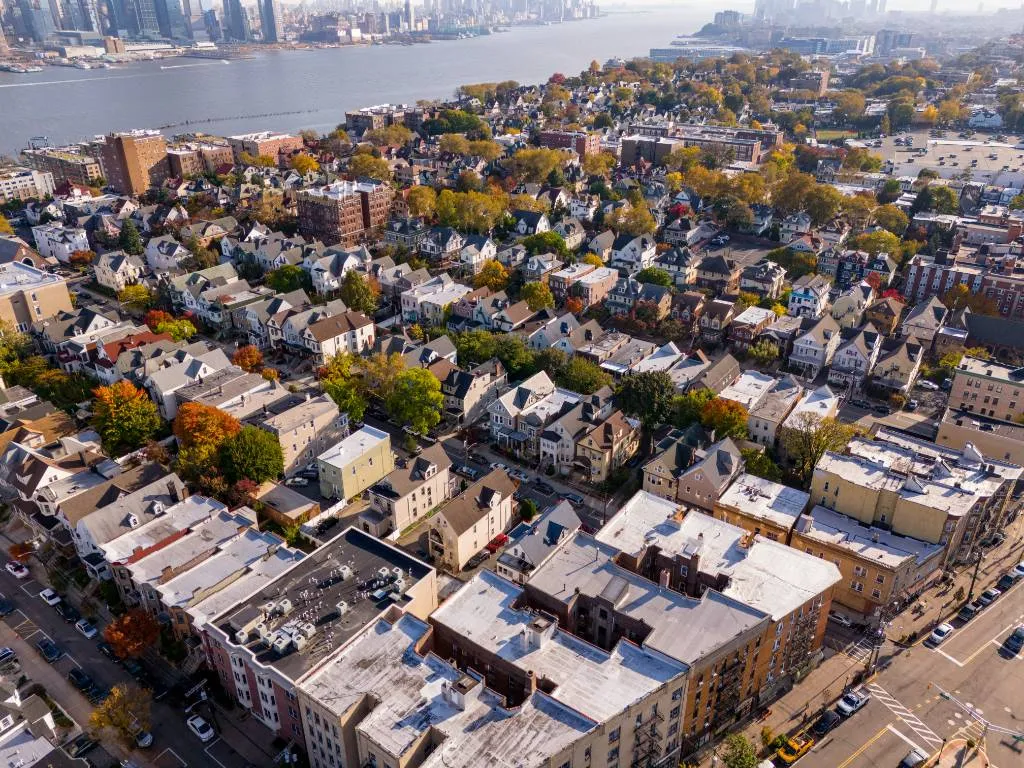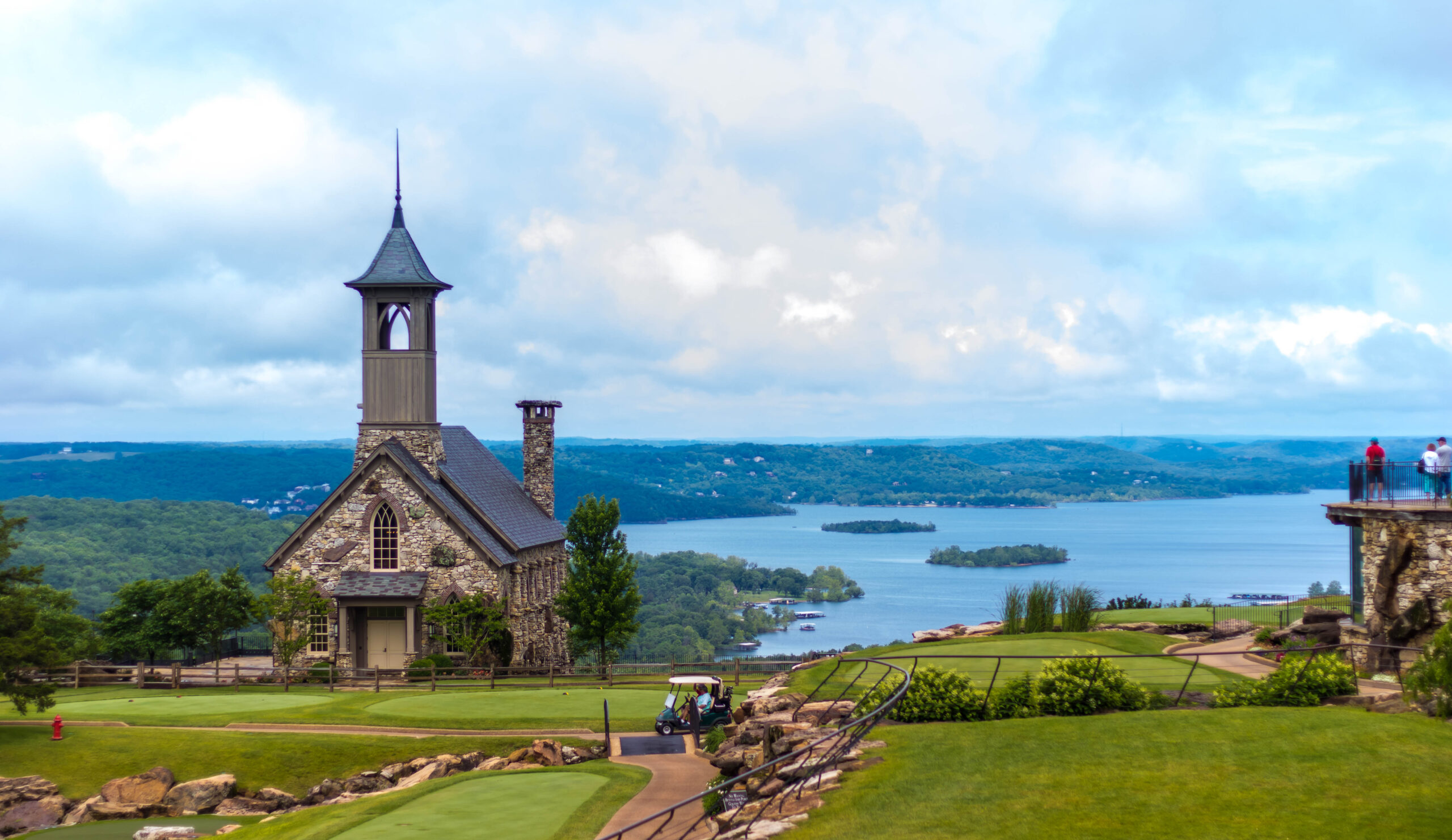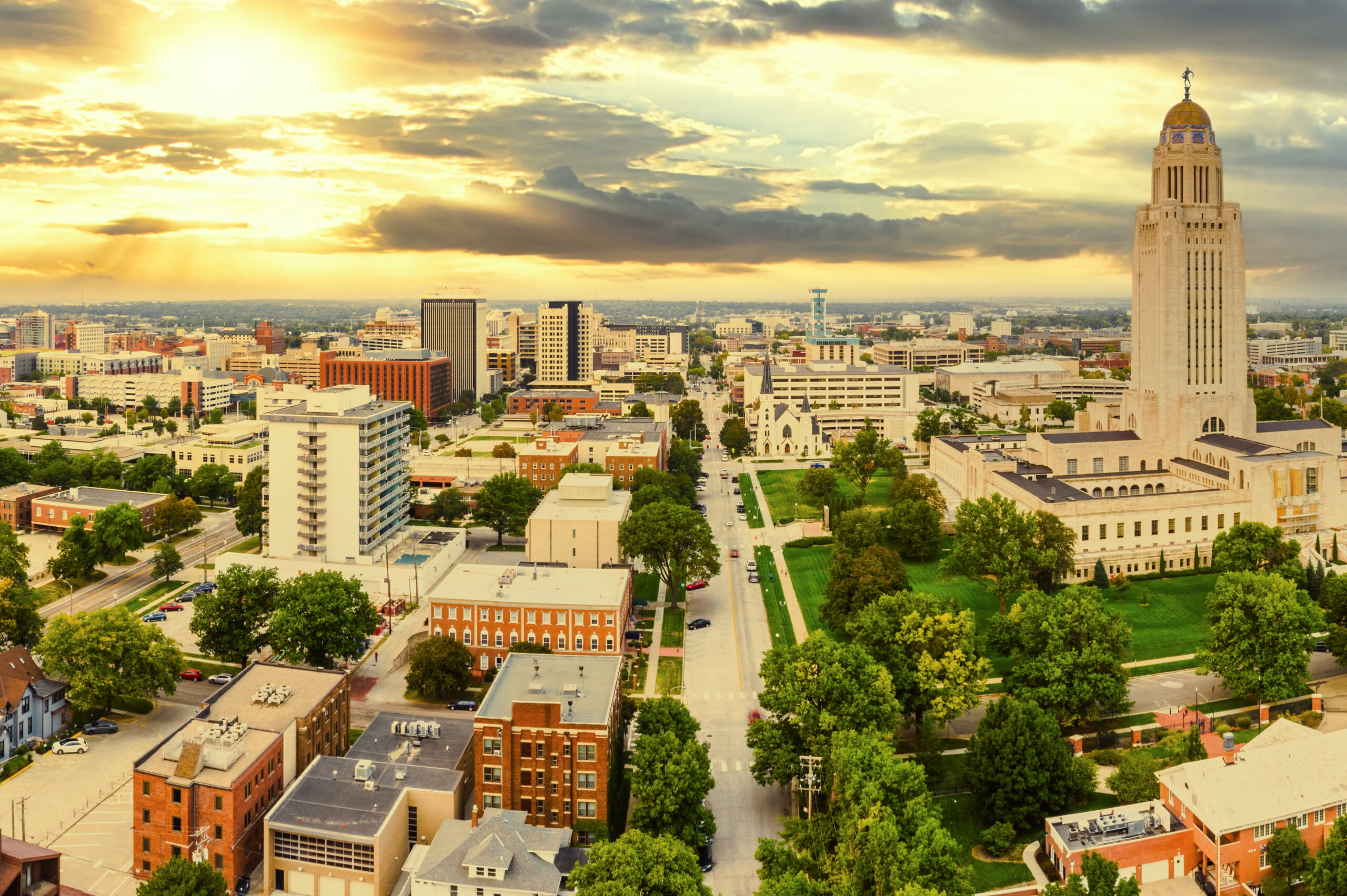10 Pros and Cons of Moving to Tyler, TX

Nestled in the Piney Woods region of east Texas, Tyler is an appealing city for those looking for a warm climate, affordable cost of living, and a blooming cultural scene. Nicknamed the “Rose Capital of America” for its numerous rose gardens and festivals, Tyler offers a unique blend of Texas charm, natural beauty, and urban amenities.
However, as with any city, Tyler has its advantages and disadvantages for potential residents. Before packing your bags, learn ten pros and cons of living in Tyler.
Pros of Living in Tyler
1. Tyler’s cost of living is 15% less than the national average
If you are looking for a place to live that doesn’t break the bank, Tyler is a great alternative. One financial perk is that Tyler’s cost of living is 15% cheaper than the U.S. average. Notably, home prices in Tyler are 5% lower than the national average, which is rather remarkable. With a median home price of $241,836, Tyler is a great place to find an affordable home.
In addition, compared to nearby cities, Tyler is far more budget-friendly. Living expenses in Tyler are 18% less than in Dallas and a staggering 26% less than in Plano.
2. Major employers include Tyler Junior College, Trinity Mother Frances Hospital, Brookshire Grocery Company, and East Texas Medical Center
A robust healthcare system, thriving manufacturing, and an expanding retail and dining scene all contribute to Tyler’s booming economy.
This city is great for anyone looking for a career because it is home to several big enterprises, such as Tyler Junior College, Trinity Mother Frances Hospital, Brookshire Grocery Company, and East Texas Medical Center.
3. A strong sense of community
Among Tyler’s many great features are its friendly locals, quaint town vibe, and a deep feeling of community.
This sense of community shines through in many of Tyler’s long-standing traditions, such as the Tyler Rose Festival, which honors the cultural and historical heritage of the city. It doesn’t matter if you’re a long-time resident or just moved here; Tyler welcomes everyone.
4. Explore the cultural centers in Tyler
Many locals enjoy exploring Tyler’s many art and cultural venues, which are a source of civic pride. Significant cultural landmarks in the city include the Goodman-LeGrand Museum and the Tyler Museum of Art.
There’s also the Discovery Science Place, a museum that provides children with opportunities to explore the natural world through interactive exhibits, and the McClendon House, a restored mansion that shows life in Tyler in the middle of the nineteenth century.
5. Winters are mild in Tyler
Tyler should be high on your list of choices if you enjoy consistently warm weather. Throughout the other months of the year, temperatures tend to range from the eighties to the nineties.
Living here is a delight since the weather is just a little bit milder than the rest of Texas. It has droughts and flash floods just like the rest of Texas, but winter is when it gets the most rain, and Tyler gets an average of 46 inches of rain per year. It may rain all year round, but winters are so mild that a hoodie is usually all you need to be warm. The coldest month is January when the temperature drops to 39–55 degrees.
While northern areas are still battling with ice and slush, roadways through Tyler are lined with blooming daffodils and hyacinths because the city only gets an inch of snow on average per year. In the spring and summer, you can get a dozen of the most fragrant Tyler roses from street vendors for as little as two or three bucks.
6. The city is home to the University of Texas at Tyler
Tyler is a college town, in case you didn’t know. Approximately 10,527 students call the town home because it hosts the highly regarded University of Texas at Tyler. There are incredible opportunities available at this prestigious university, both in the classroom and on the sports field.
Ranking in the top 100 Best Undergraduate Engineering Programs in the US, the University of Texas at Tyler offers a variety of top-tier degree programs, including Registered Nursing, Psychology, Kinesiology and Exercise Science, and more. There are respectable Master’s and Doctoral programs available to graduates as well.
7. The Tyler Independent School District serves the city
The Tyler Independent School District is made up of seventeen primary schools, two middle schools (Tyler Legacy and John Tyler), and two high schools (Tyler). TISD also offers many “innovation schools,” such as a bilingual immersion program, a magnet school called Caldwell Arts Academy, an alternative school for at-risk students called RISE Academy, and a school for exceptional programs where students with special needs thrive.
Early College High School offers the opportunity to earn both a high school diploma and an associate’s degree simultaneously through Tyler Junior College, provided that the student is admitted. The cutting-edge Career and Technology Center gives high school students the opportunity to learn about various occupations, get credentials, and get their feet wet in the workforce.
Cons of Living in Tyler
1. It can get unbearably hot and humid in the summer
Tyler has the kind of year-round warm weather that many people dream about. Humidity, meanwhile, is an event that most people would like to not have together with that heat. The winters are mild, but the residents say the summers are like being in a sauna.
Summers in Tyler can reach far above 100 degrees Fahrenheit due to the city’s position in eastern Texas, which is known for its hot and humid weather. Some people may find this difficult since they are heat-sensitive or just prefer cooler conditions.
2. Snake sightings are a common occurrence
Due to the warm climate, snake sightings are very prevalent year-round in Tyler. There are four venomous snake species, as well as many non-venomous varieties that inhabit the region.
Residents need to be cautious when outdoors and teach children to watch their steps, as encounters with snakes can occur frequently. Taking proper precautions and being aware of your surroundings is important to safely coexist with the native snake population.
3. A high crime rate and a drug abuse problem
Tyler has a slightly higher rate of violent crime compared to the national average, but a much higher rate of property crimes like burglary and theft. The risk of crimes against property is significantly greater than the risk of violent offenses. Specifically, Tyler’s violent crime rate is 23.1 versus 22.7 nationally, while its property crime rate is 53.2 compared to 35.4 nationally Though Tyler is not necessarily unsafe, residents do need to exercise caution and take measures to protect their homes and belongings.
Additionally, drug abuse is a more severe problem in East Texas than in other parts of the country. This is an important concern for families with children. The prevalence of drug issues is something to consider when deciding whether to move to Tyler.
In Conclusion
With its warm climate, cultural attractions, educational institutions, and affordable cost of living, Tyler has much to offer prospective residents. However, the extreme heat, high crime rate, drug issues, and frequent snake sightings could be drawbacks for some.
Weighing the pros and cons against your personal needs will allow you to determine if relocating to Tyler is the right decision for you and your family. Ultimately, Tyler provides a quality of life that appeals to many, but it is important to go in with full awareness of the tradeoffs.






